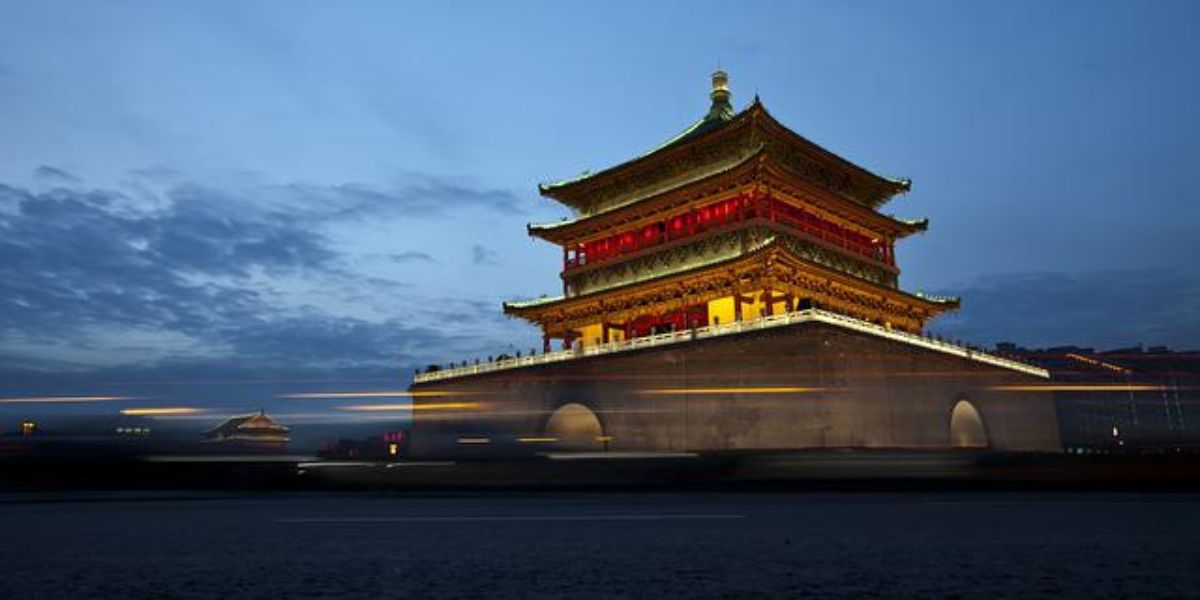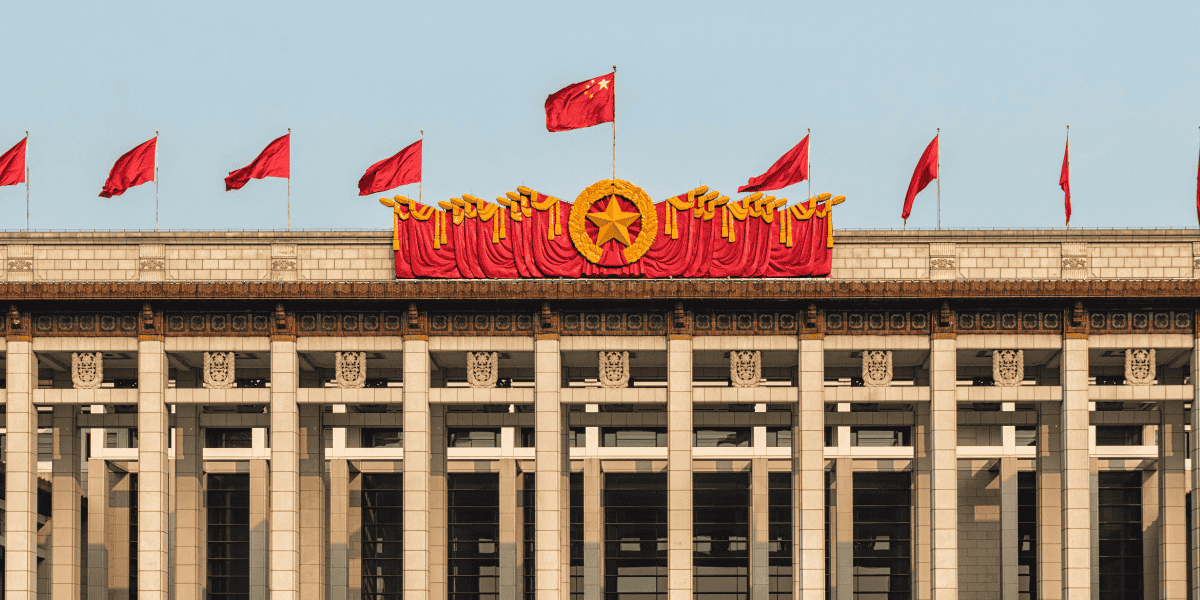China has reportedly exempted certain US imports from its 125% tariffs and is urging companies to identify essential goods that should be exempt from tariffs. However, they are yet to make any public statements regarding the matter.
The Trump administration has reportedly signalled a willingness to ease a trade war between the world’s two largest economies.
This follows a statement by US Treasury Secretary Scott Bessent on Wednesday, 23 April 2025, that high tariffs between the US and China are unsustainable and may lead to a recession.
China’s Ministry of Commerce also established a taskforce responsible for compiling lists of items eligible for potential tariff exemptions and requesting submissions from companies. It stated that it had met with over 80 foreign companies and business chambers to discuss the impact of US tariffs on the investment and operations of foreign companies in China on Thursday, 25 April 2025.
“The Chinese government, for example, has been asking our companies what sort of things are you importing to China from the US that you cannot find anywhere else and so would shut down your supply chain,” American Chamber of Commerce in China President Michael Hart said.
Hart said some pharmaceutical companies reported importing drugs to China tariff-free, noting the exemptions likely applied to specific drugs, not the whole industry. The CEO of French aircraft engine maker Safran said China had informed them the previous night about tariff exemptions on various aerospace parts, including engines and landing gear.
A source at a memory chip design firm said the China Semiconductor Industry Association (CSIA) informed them this week about waivers on imports of eight types of microchips, particularly analogue chips. However, memory chips are not exempt.
The Trump Administration imposed two rounds of 10% tariffs on all Chinese imports and a 10% baseline tariff on imports from all countries on 2 April 2025. This introduced reciprocal tariffs on imports from nations with large US trade deficits, which includes China.
President Donald Trump later postponed the tariffs for 90 days, except for China. The Trump Administration then announced plans to implement 145% tariffs on China.
Beijing retaliated by raising tariffs on US imports to 125%.
White House considering reducing China tariffs
The Trump administration is reportedly considering “significantly” reducing tariffs on imported Chinese goods if Beijing decides to negotiate a deal.
“It won’t be that high; it won’t be anywhere near that, but it won’t be zero. We’re going to have a fair deal with China,” Trump said without mentioning any specifics.
It is rumoured that China’s tariffs, currently set at 145%, could be reduced to a range of 50% to 65%, according to a White House official cited in the report. However, White House spokesperson Kush Desai dismissed the reports about tariffs as “pure speculation,” emphasising that only statements directly from Trump should be considered credible.

















